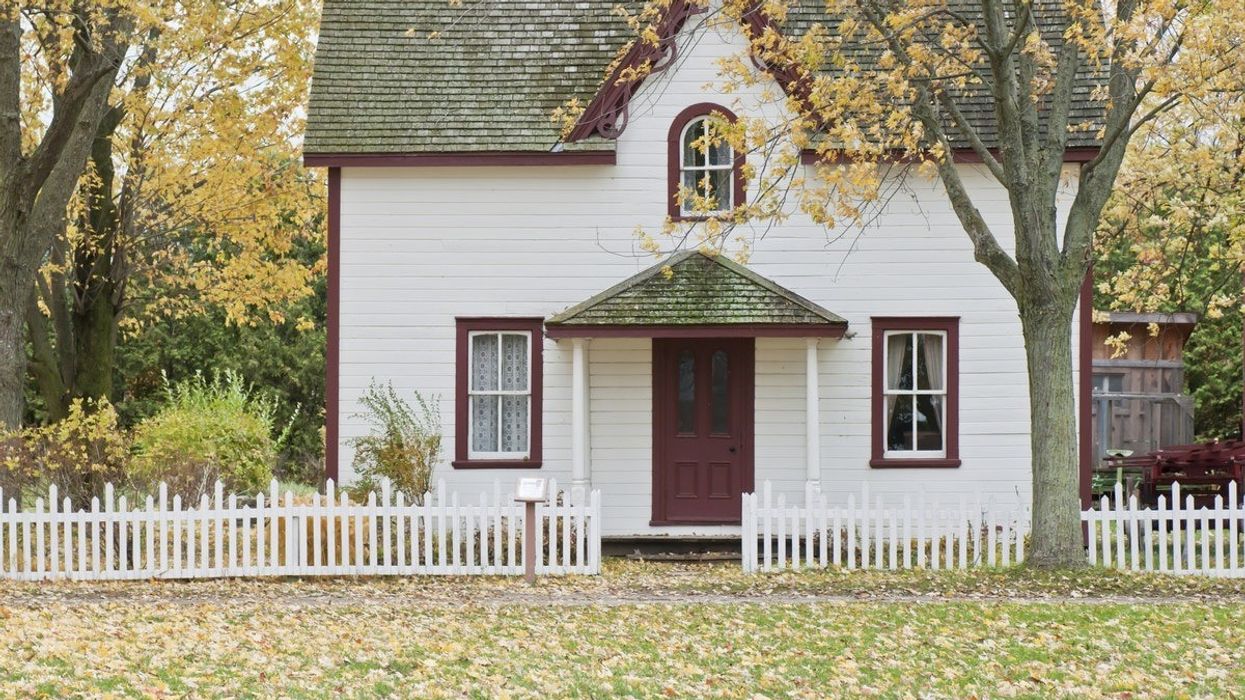Forget your white picket fence dreams – if you ever had them. The 50s fantasy of a single-family home is fading fast within the Toronto market. The Toronto Star reported that despite the various attempts to cool the real estate market – sales are ever-increasing. It’s all just a bit overwhelming considering the price of real estate in Canada seems to be inordinately high.
According to numbers released by the Building Industry and Land Development Association (BILD), this July, 566 new single-family homes sold in the GTA, up 136 per cent from June this year. Perhaps that’s because the average price fell (yes fell) to $1,091,727 this July – a drop of 4.5 per cent over the past year.
READ: Lack Of Supply, Stress Test Top Issues In Toronto’s Spring Housing Market
Anywhere else in the country, it might be unthinkable to drop a million bucks for a family home, yet for Torontonians, these numbers are simply the standard.
The BILD report also noted the growth of condo sales which rose by 22 per cent over the same period – that’s 2,297 units in total. The Star reports that the average price for a condo in the GTA rose by 8.3 per cent to $838,824. David Wilkes, BILD’s president and CEO, told the Star, “The market has been artificially depressed because of some of the regulatory measures, but we’re encouraged to see demand is still strong.”
In 2018, the B-20 regulation was introduced to cool the out-of-control markets in places like Toronto and Vancouver.
READ: What You Need To Know About The Mortgage Stress Test In 2019
But with this policy, came distorted sales figures – as would-be buyers rushed to purchase before the implementation of B-20. “There was definitely a rush to close,” Wilkes told the Toronto Star, though he hopes B20 can be tweaked to make the 2 per cent a hard cap that would get reduced as interest rates rise. Theoretically, what that means is that if rates go up a quarter-point, the stress test would add 1.75 points.
However, TD Bank estimates that the B-20 has in fact lowered Canadian home sales and kept the prices from rising even further. Without the regulation, TD Bank noted that home pricing would be 8 per cent higher by the end of 2020.
Yet as the demand for housing continues to outstrip supply Toronto developers hope to make bank off of this rapidly increasing population at .86 per cent annually. While the real estate market has attempted to keep up with demand, developers aren’t necessarily the best city planners.
READ: 9 Out Of 10 Builders Say The Mortgage Stress Test Impacted Sales
Those in areas of the city outfitted with duplexes and single-family homes have the benefit of better-planned neighbourhoods and community hubs. Meanwhile, developers rushing to build clusters of condos often overlook the requirements of towers of units, many of which contain families with children – access to parks, transit, health clinics, schools, and public recreation centres).
Carolyn Rogers, the assistant superintendent at the Office of the Superintendent of Financial Institutions (OSFI), argued against tweaking the B20 in the face of an upcoming federal election. “The escalating cost of homeownership in Canada – and its knock-on effects to the economy and to society, is a problem,” she told Toronto Star. “And it’s a problem that is proving very challenging to address. But the answer to this important problem cannot be more debt. Particularly, it cannot be more consumer debt, fuelled by lower underwriting standards.”
Looks like those desperate for a single-family home are buying sooner rather than later – no matter what that does to their debt load.





















